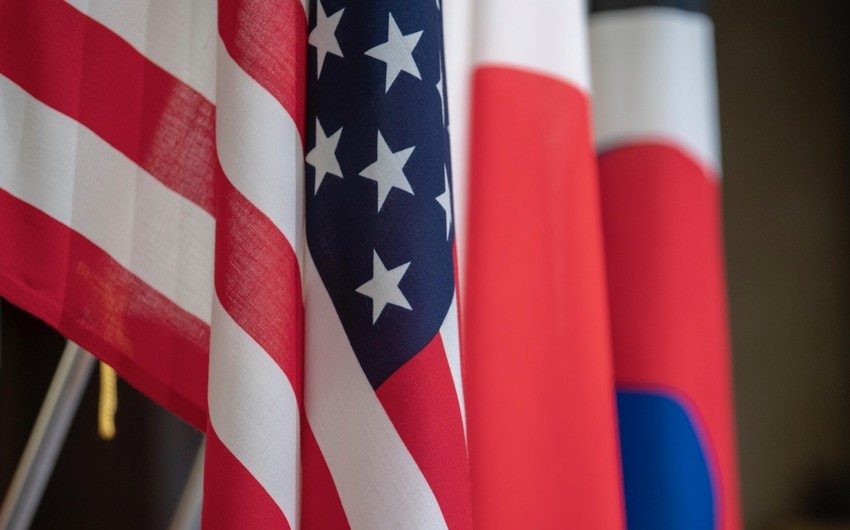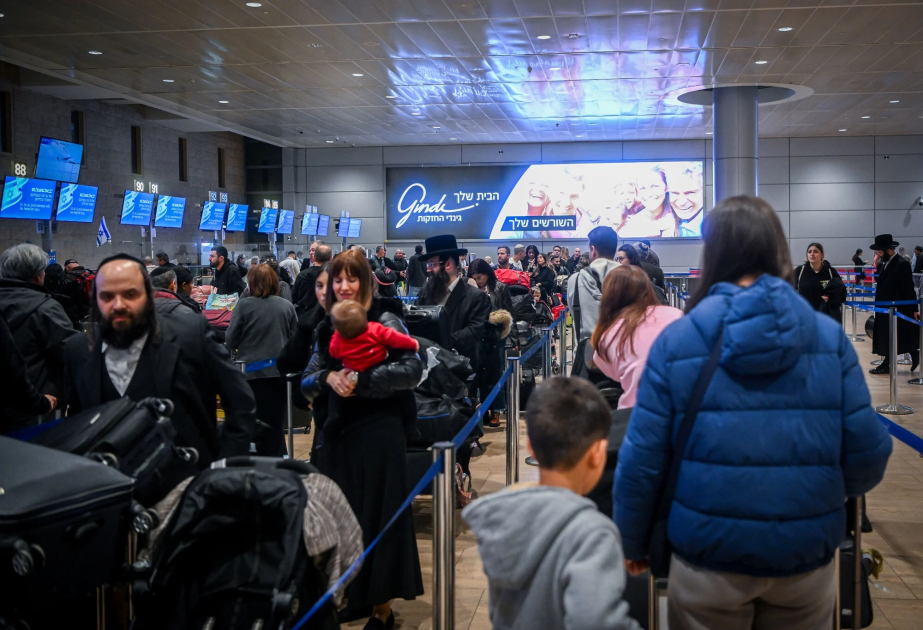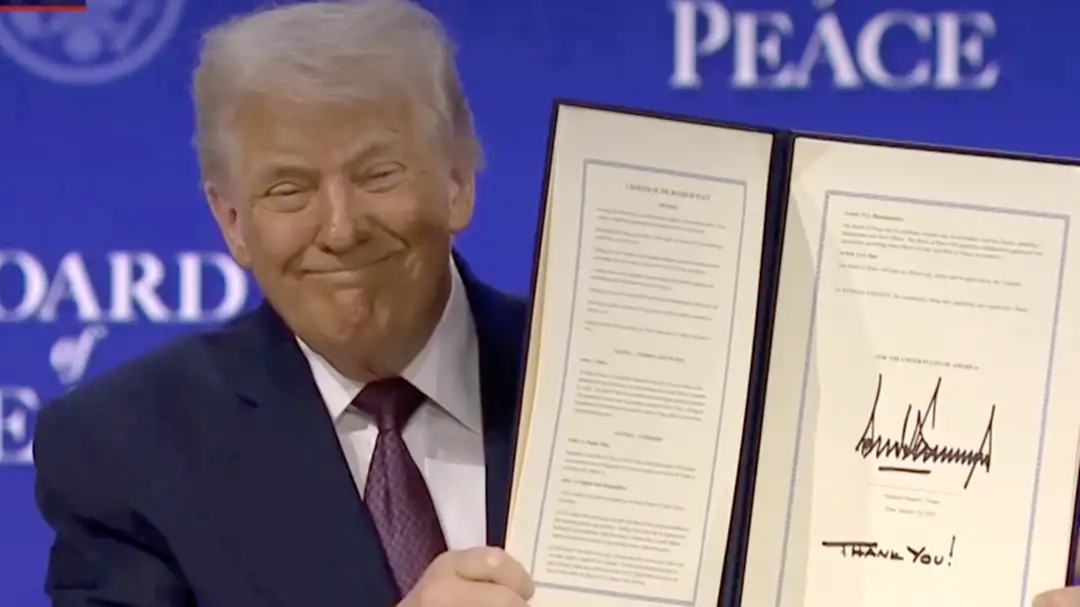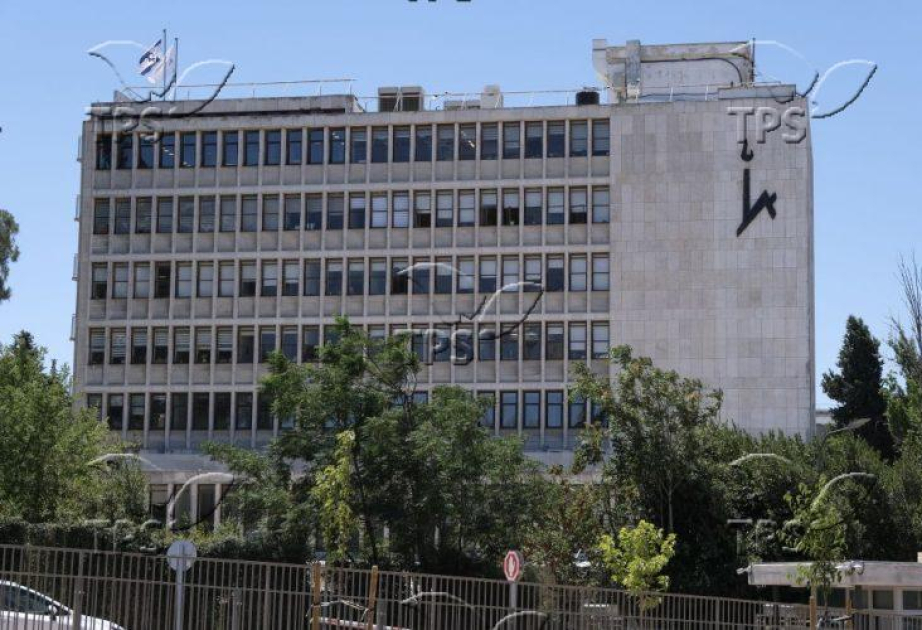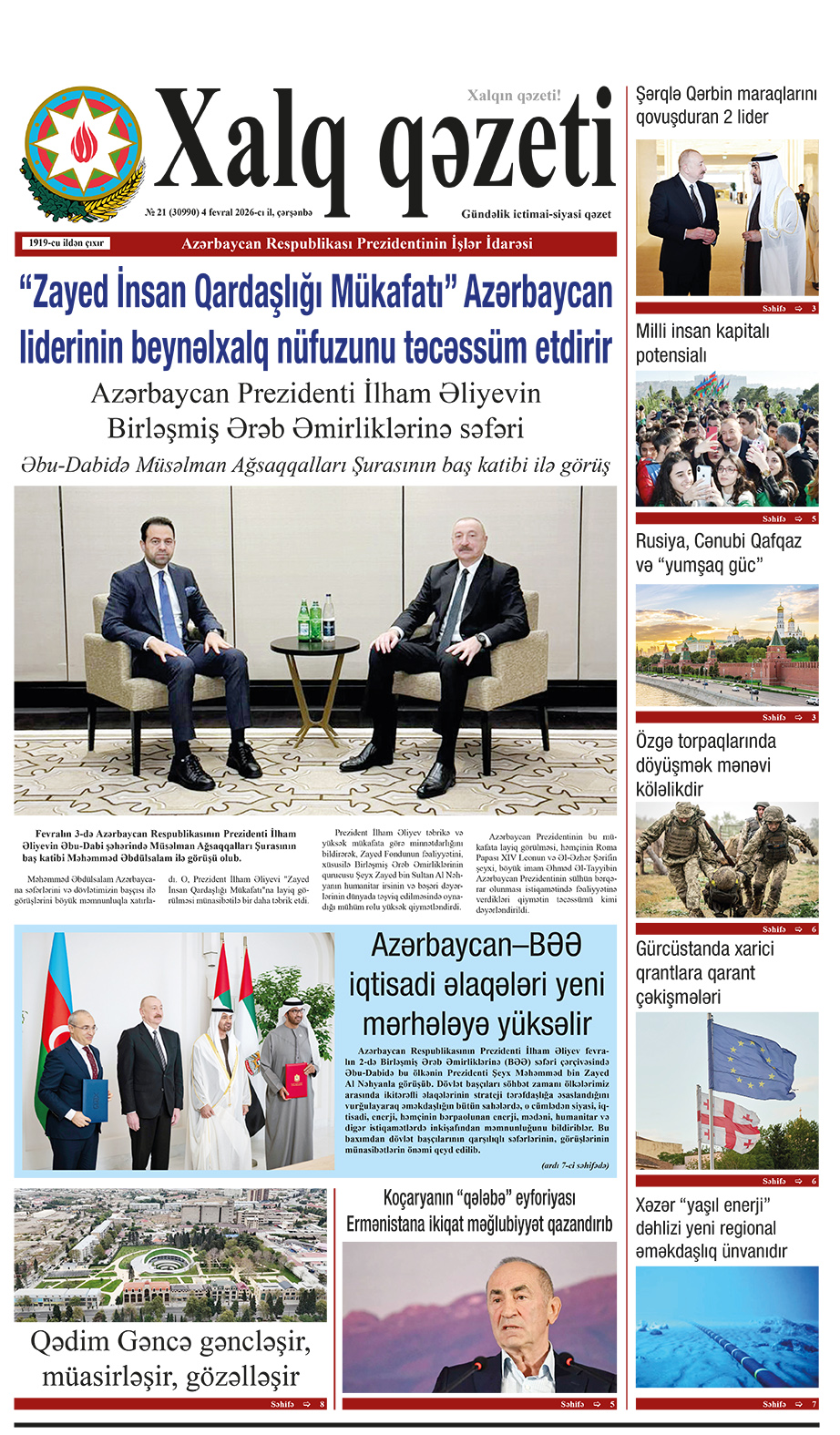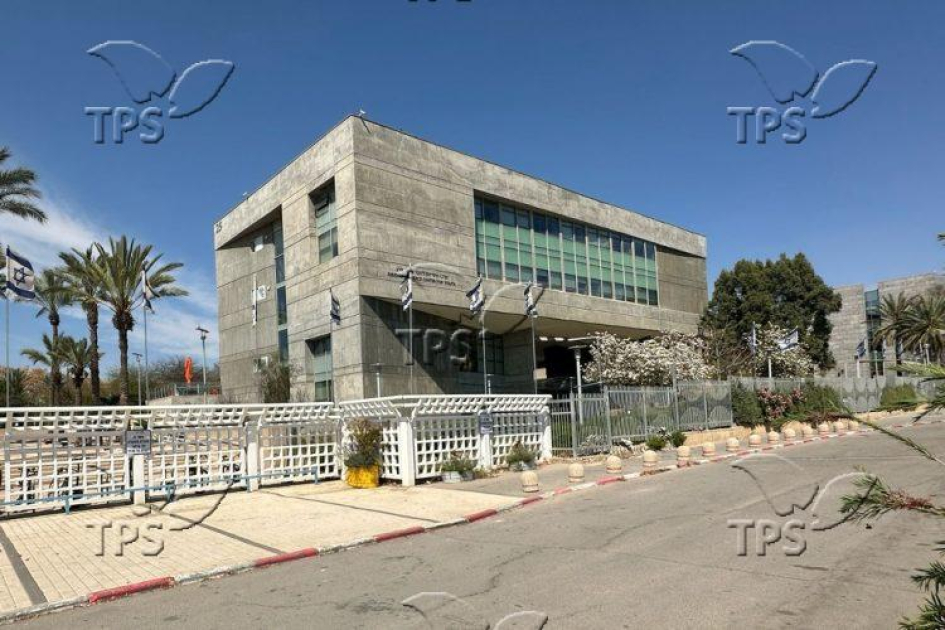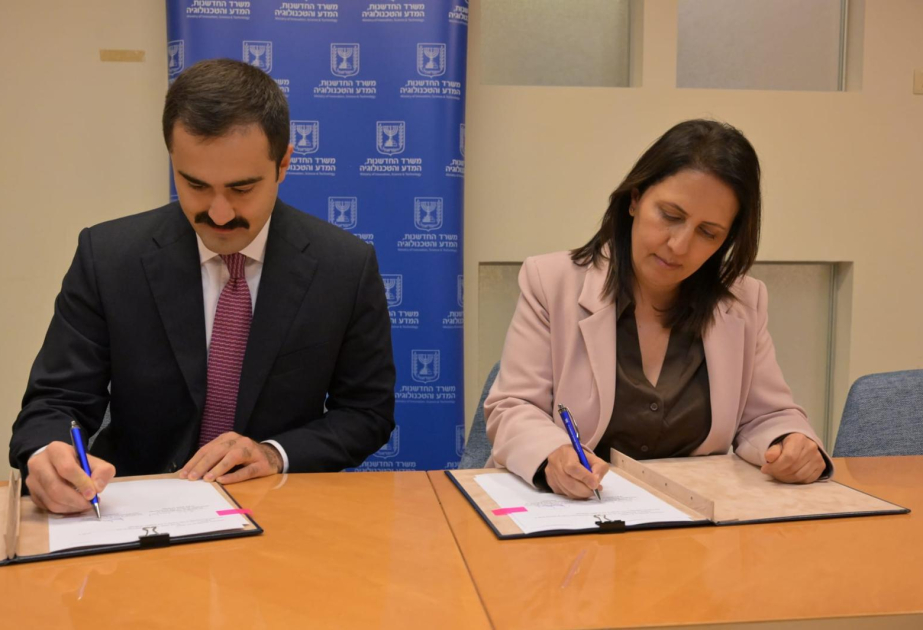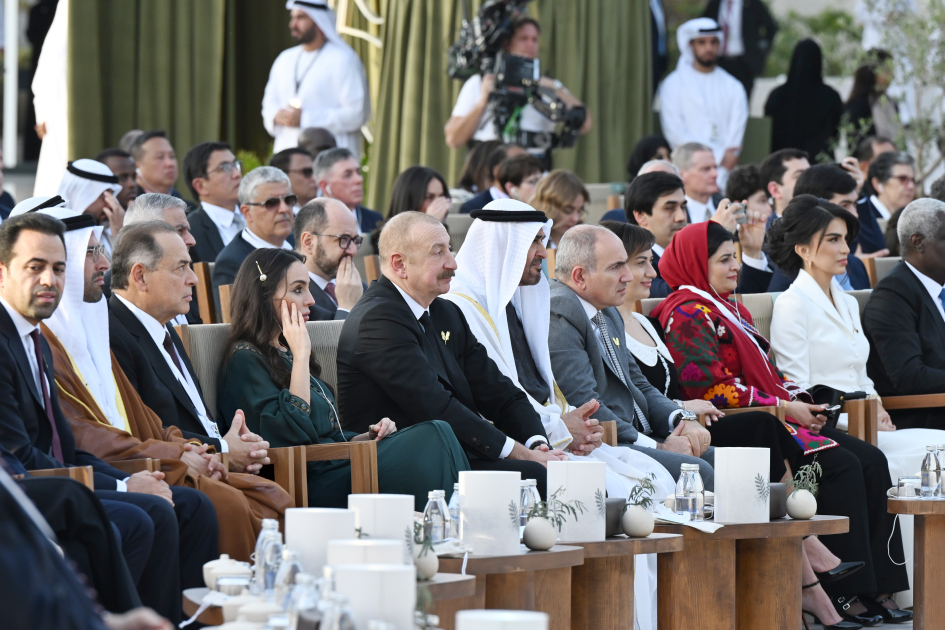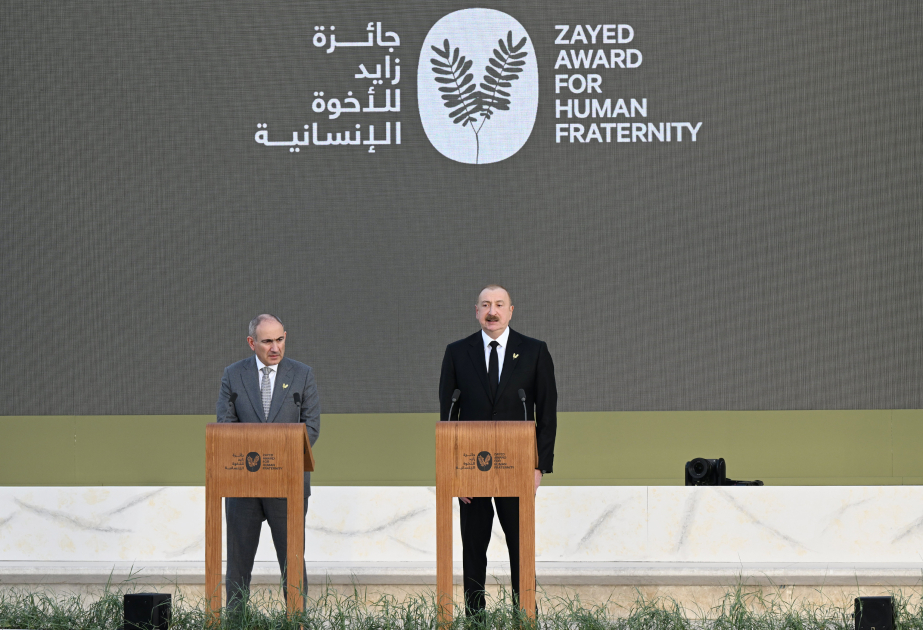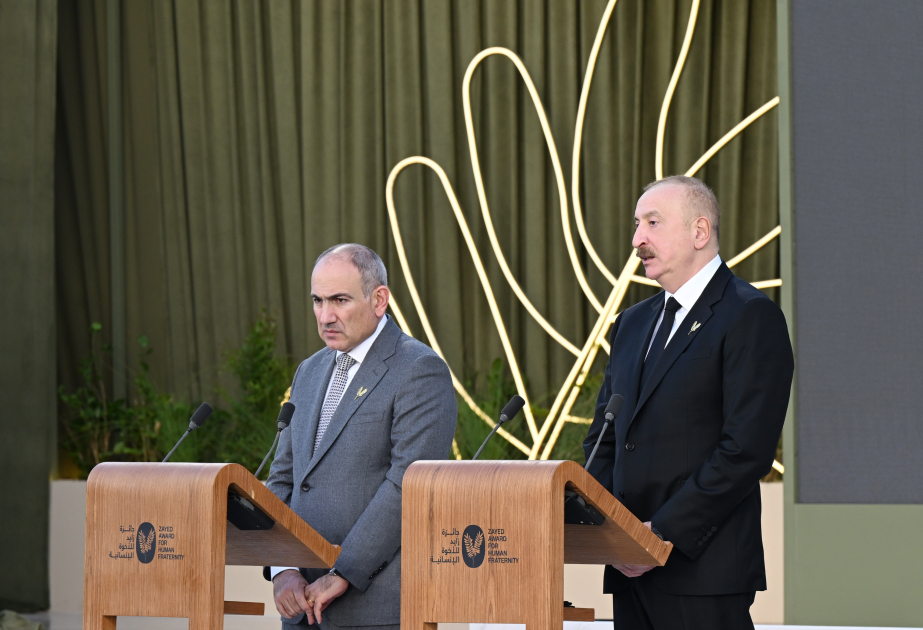Japan, the United States and South Korea are concerned over cooperation between Russia and North Korea as they are afraid that it "may negatively affect" peace and stability in the Indian and Pacific Oceans, the Japanese Foreign Ministry said, XQ informs referring to TASS.
Following consultations that involved three senior Japanese, US and South Korean diplomats, the ministry said: "The sides exchanged opinions on the current situation around North Korea, including the recent summit between Russia and North Korea. As regards the summit, they expressed their concern that any future cooperation between Russia and North Korea could involve violating UN Security Council resolutions that completely ban the transfer of arms and related materials to and from North Korea."
In addition, the Japanese and South Korean diplomats voiced their concern over the fact that cooperation between Russia and the Democratic People’s Republic of Korea (DPRK) "may have a negative effect on peace and stability" in the Indo-Pacific. The sides also agreed to follow the developments around Ukraine and reaffirmed their commitment to continue their close trilateral cooperation.
North Korean leader Kim Jong Un visited Russia on September 12-17. During his trip, he met with Russian President Vladimir Putin at the Vostochny Spaceport and visited a number of facilities in Russia’s Far East.
In Komsomolsk-on-Amur, he visited the production site for Su-35 and Su-57 aircraft and familiarized himself with the Superjet -100 (SJ 100) project. Later, Russia’s defense chief Sergey Shoigu showed Kim the country’s latest warplanes and the Kinzhal hypersonic missile system, including the MiG-31I missile carrier. While in Vladivostok, Kim also inspected the Marshal Shaposhnikov frigate, attended a performance of Pyotr Tchaikovsky’s ballet the Sleeping Beauty, visited Far Eastern Federal University, an aquarium and an Arnika Group factory that specializes in the production of feed components.


